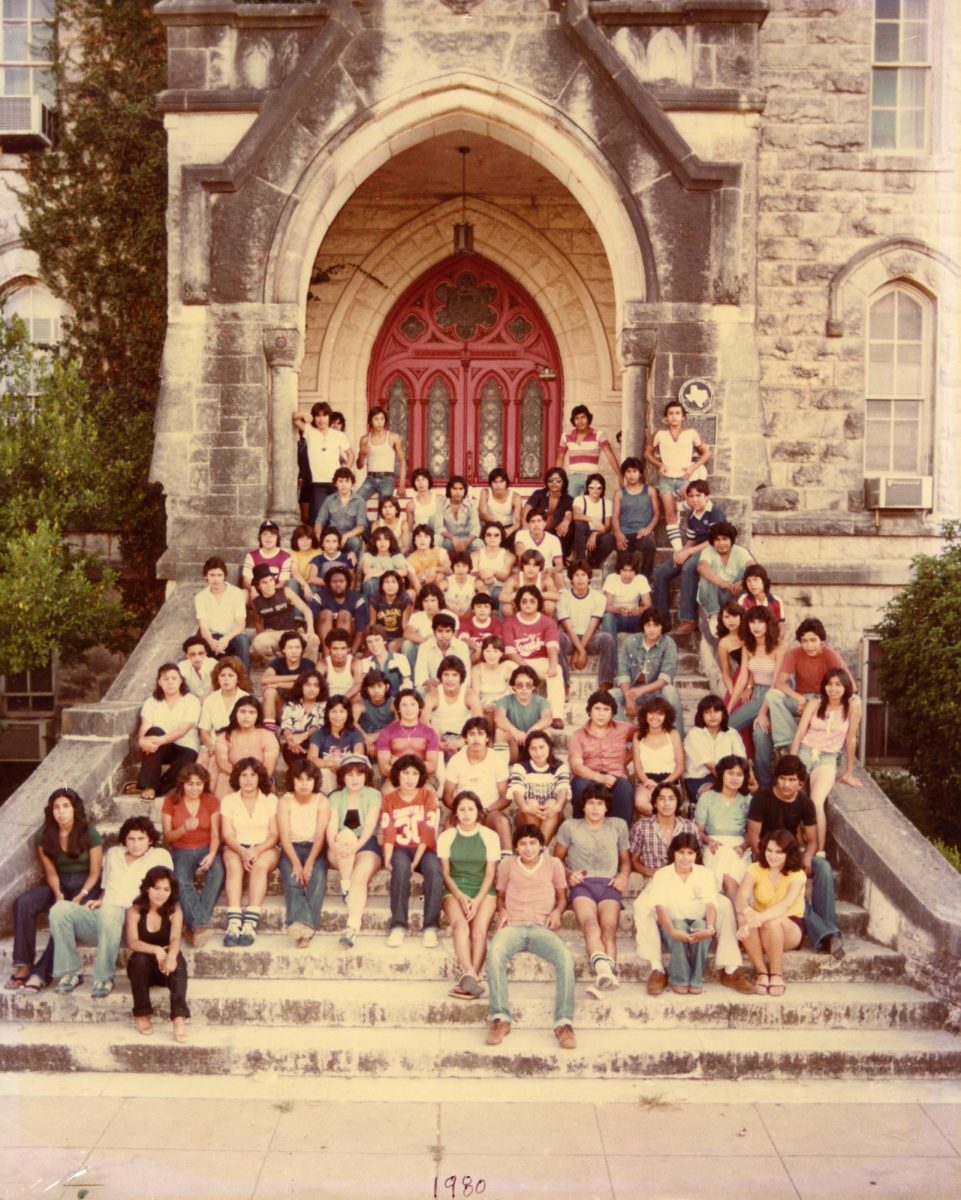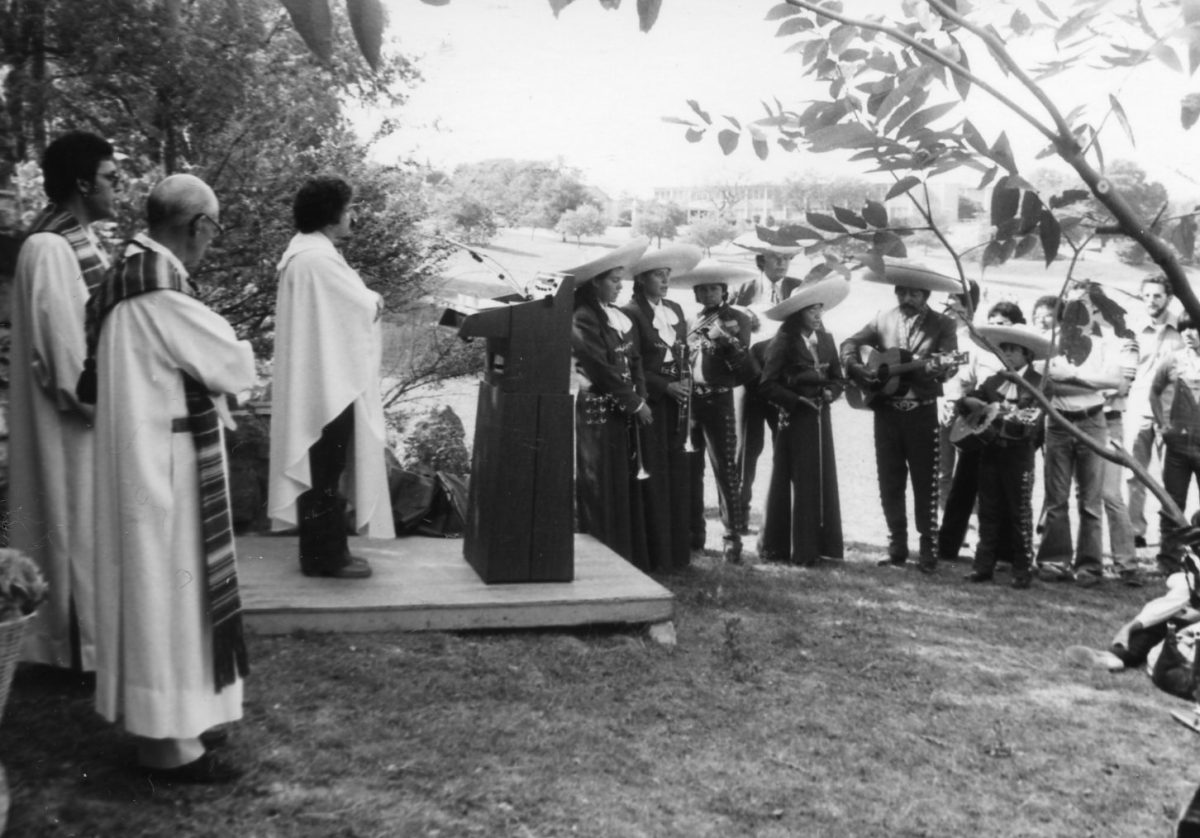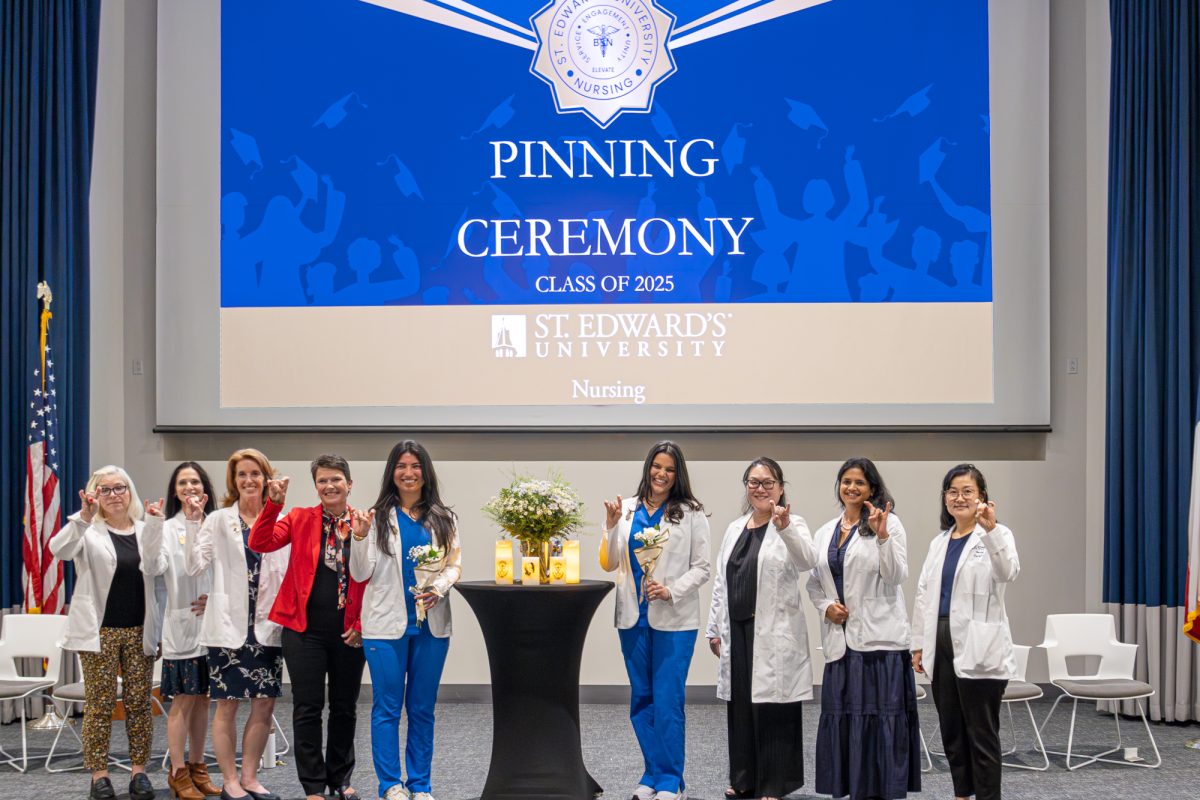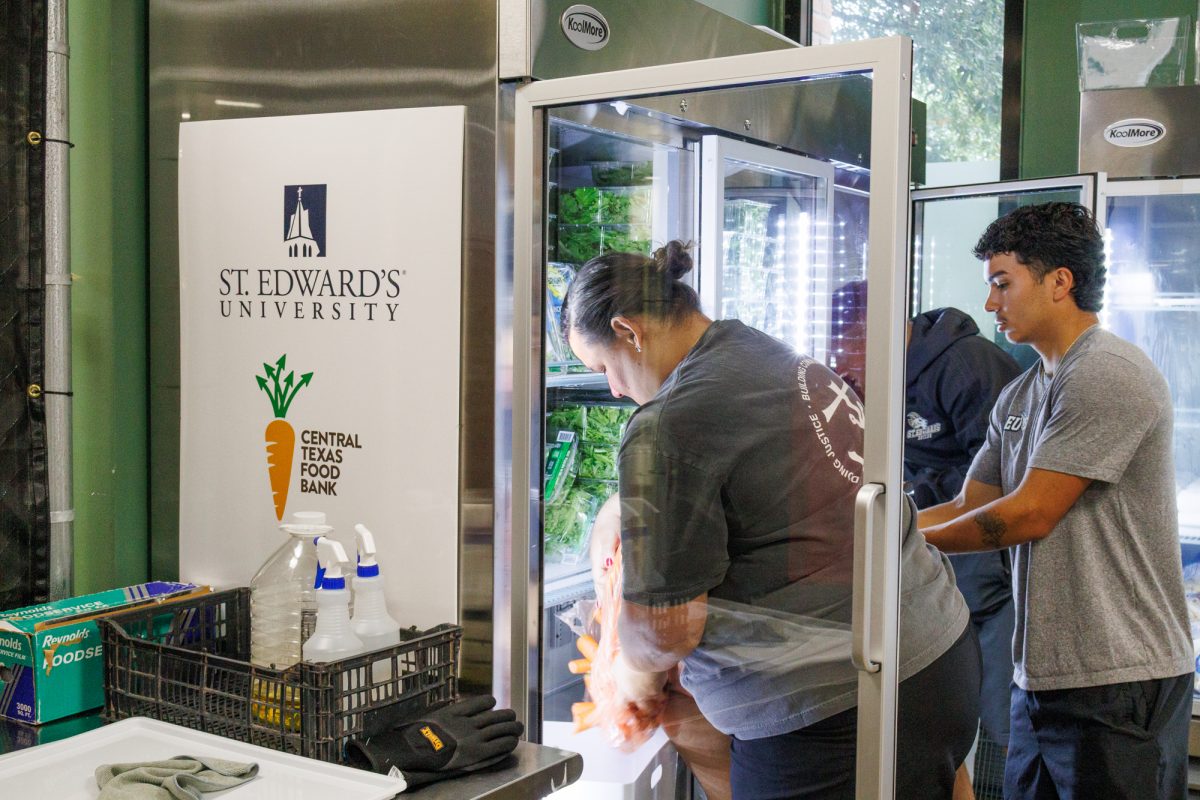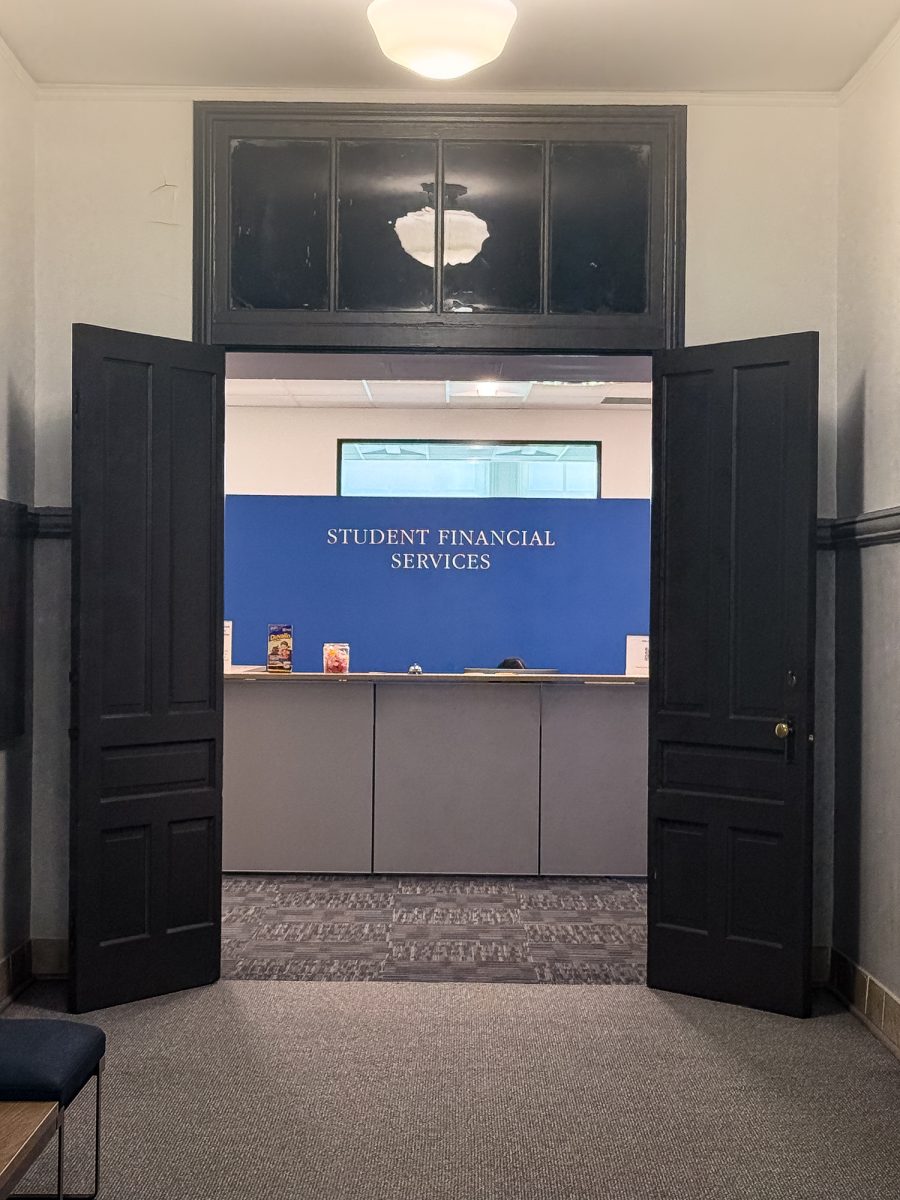The College Assistance Migrant Program (CAMP) at St. Edward’s University is entering a period of transition following the federal government’s decision to eliminate funding for migrant student programs nationwide. The change, reported by NPR, affects CAMP programs across the country, including the one at St. Edward’s, which has operated continuously since 1972 and is the longest-running CAMP program in the United States.
University President Montserrat Fuentes confirmed the program’s loss of federal funding in an interview with Hilltop Views last week.
“CAMP… is a federal program, and this year the funding for CAMP has been eliminated,” she said, and then reaffirming the university’s commitment to serving students from those backgrounds. “So we no longer have a CAMP program right now, but we have the commitment to the students that come from those types of backgrounds, from migrant farm working families, and that will continue as we move forward into the future.”
CAMP was originally created under President Lyndon B. Johnson’s Great Society initiatives through the Higher Education Act in 1972 to support students from migrant and seasonal farmworker backgrounds in their pursuit of higher education .
That same year, St. Edward’s welcomed its first class of CAMP scholars under the leadership of President Brother Stephen Walsh, CSC, who was serving as university president. Since then, the program has served more than 3,000 students, offering academic, financial and emotional support to those who often face unique challenges due to their family’s work and mobility.
Each year, approximately 30 to 35 students are selected to join the CAMP cohort at St. Edward’s. The program traditionally covers most first-year expenses, including tuition, housing and academic resources. After the first year, students continue to receive support through university scholarships and other aid. CAMP has become a foundational part of the university’s identity, offering a sense of community and stability to students who may not have access to these resources elsewhere.
Sonia Briseño, CAMP Director and alumna, described the program as a powerful force for equity.
“For low-income, first-generation students, challenges are complex and multidimensional, extending far beyond finances,” she said. “CAMP addressed this through a dedicated staff that provides holistic support, ensuring both their overall well-being and academic success.”
She emphasized that the program has helped end generational poverty for many families and continues to be a source of upward mobility and leadership development.
Briseño said receiving the official notification of the federal funding cut was “devastating and heartbreaking,” though not unexpected. In preparation, the university’s advancement office had already begun cultivating private philanthropic support. She stressed that the university’s commitment to children of migrant farm working families is not tied to a single federal program, but is rooted in its mission and Holy Cross heritage. Students have been informed that their funding remains unchanged and that the university will continue its support through 2029.
Current CAMP students have expressed both gratitude and concern. Enrique Rivas Carbajal said that the program provided critical guidance during his freshman year and continues to connect him with internships and scholarships.
“CAMP funds our tuition, but they also provide a backbone of support that you can fall back on if need be,” he said. While he’s not personally worried about losing financial support, he’s concerned about how the program will continue for future students.
Carlos Castro described his experience as life-changing. He shared that he had not planned to attend college until he learned about CAMP and the opportunities it offered.
“Before joining, I felt like life had nothing to offer me,” he said. “CAMP took away the stress, negativity and hopelessness I carried about my future.”
Castro credited the program with helping him transition from working in the fields to teaching biology and conducting research, experiences that reshaped his outlook and aspirations.
Both students noted that while current participants may still receive support, there is uncertainty about the sustainability of the program and its impact on future generations. Briseño acknowledged this concern and said she remains actively engaged with students, maintaining a stable and positive presence during the transition. She also noted that alumni have stepped up to offer support, helping to uphold the university’s commitment to vulnerable communities.
As St. Edward’s navigates this change, the university’s commitment to CAMP and its students remains strong. For now, CAMP students and alumni continue to advocate for the program that has shaped their educational journeys and opened doors to new possibilities.

